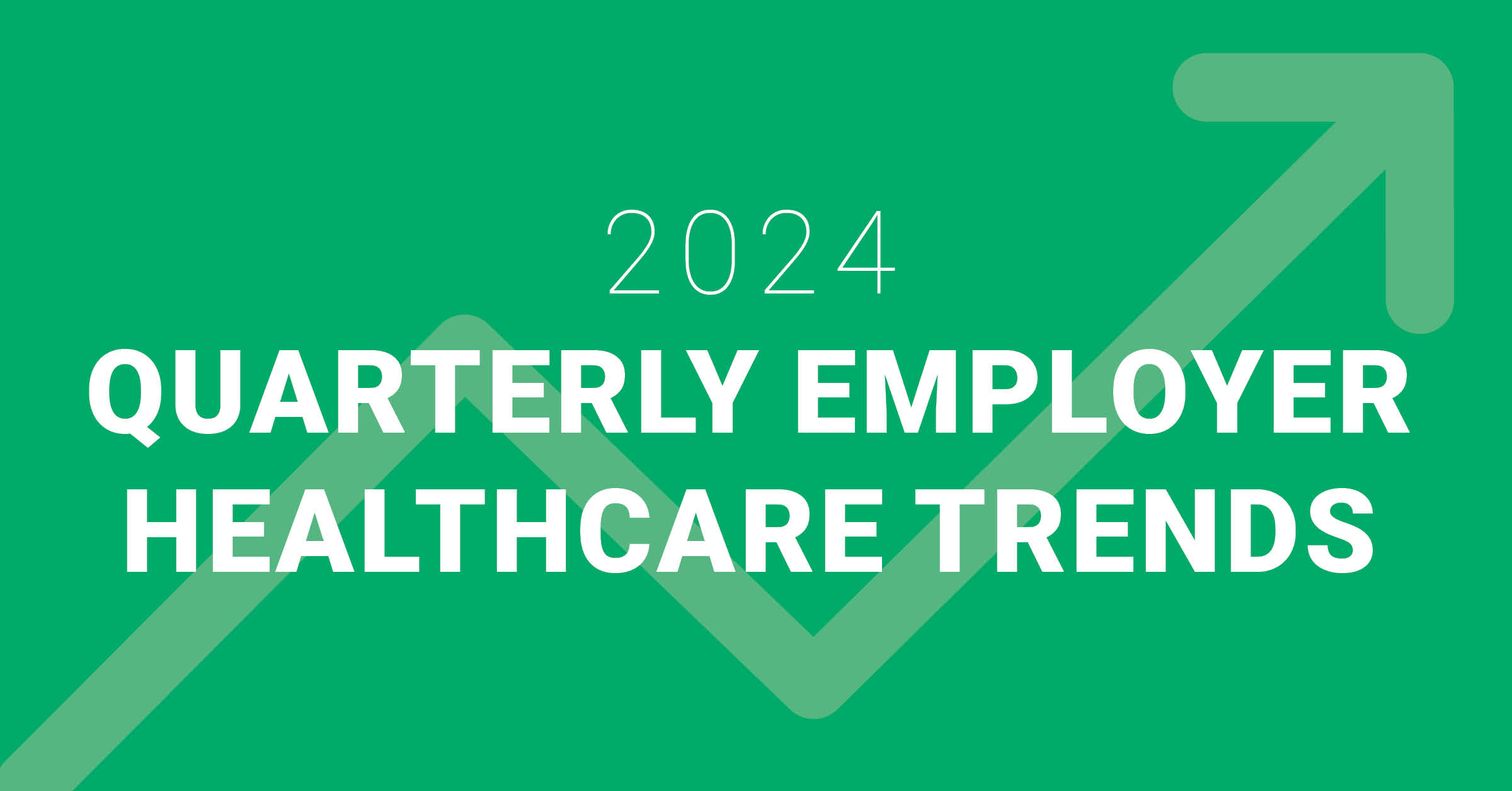Many healthcare professionals say they’re solving the problems with healthcare today. But providers’ profits have traditionally been tied to the delivery of care rather than the outcomes of care, directly translating into skyrocketing costs. Value-based care is the new buzzword in the ongoing attempt to fix healthcare, but everyone has their own definition, causing a lot of confusion.
The concept of value-based care means the health provider takes a risk and guarantees cost savings. Across the healthcare industry, identifying a reliable framework to deliver value-based care has presented a very real challenge. Most often conversations around the topic focus on the future, not how we can start improving healthcare now.
Improving healthcare and delivering on a value-based care model focuses on four pillars:
- Providing the most access to care to help patients get healthy and stay healthy.
- Spending more time with patients that results in healthy behaviors and helping them to navigate care across all the providers they see.
- Leveraging real-time population health data to make actionable healthcare decisions.
- And transforming lives, with better patient outcomes and lowering healthcare costs.
By following through on this model, we also take on the risk of guaranteeing savings based on the success of our framework, enabling employers and their teams to experience the benefits of value-based care, which we also like to refer to as outcomes-based care.
What is Value-Based Care Versus Fee-for-Service?
Value-based care is a delivery model for healthcare in which providers are rewarded based on patient health outcomes, rather than on a fee-for-service basis. Value-based care agreements reward providers for helping patients improve their health and reduce the effects of chronic illness in an evidence-based manner. The “value” in value-based care is measured by comparing health outcomes against the cost of delivering those outcomes.
Why All the Confusion Around Value-Based Care
It’s not as if there’s no definition for value-based care. Besides the one we gave above, a Google search for “What is value-based care?” offers up more than 3.2 billion results, with a plethora of robust definitions from the Centers for Medicare and Medicaid Services, Cleveland Clinic, and many respected professional organizations. But what’s missing from these definitions is the how.
Key to answering this question is the task of establishing a framework for producing outcomes and measuring them, something Marathon Health has succeeded in doing. “We aren’t paid to see more people and do more things to them,” says Ben Evans, Founder and Chief Growth and Strategy Officer at Marathon Health. “We’re actually rewarded for providing a better experience, for providing better access, for patients getting healthier and happier. And we’re incentivized to reduce waste and make sure the right patient finds the right care at the right time.”
It’s important to note that the cost savings happens as a result of tying provider revenue to outcomes. Healthy people have lower-cost needs compared with chronically ill people — if providers can improve health, they lower cost by default. Starting with the goal of reducing costs, in contrast, typically results in lower-quality care instead of excellent care at a lower cost.
“We have to provide fantastic access, and we have to engage members,” Evans explains. “If we can delight members with our experience, then we have permission to help them live healthier and happier lifestyles, which results in them saving money, their family saving money, and their employers’ saving money. We think about it in that sequence.”
How to Implement Value-Based Care
The goals of value-based care include higher provider satisfaction, a better patient experience, improved health outcomes and lower costs. For a value-based care framework to be effective, we focus on:
- Empowering world-class clinicians to change patients’ lives for the better. Caregivers have higher job satisfaction when they’re able to help their patients feel better and live healthier lives. Our provider turnover is less than 10%.
- Creating amazing patient experiences by building deeper relationships both in and out of visits. Humans are wired for social connection. And the patient-provider relationship impacts not only the patient experience but also health outcomes. Our visits average 32 minutes – more than 5x the industry average for primary care.
- Using a health management approach that improves outcomes. Tracking and measurement allow members, providers and employers to see what works and to iterate their approach for improved outcomes. We’ve achieved 96% of our performance guarantees and collaborated with clients to deliver programs specifically targeted to their population.
- Optimizing healthcare costs both now and in the future to provide the greatest value. While we may see a complete overhaul of the healthcare system at some point, we need to lower costs now. A value-based approach that successfully improves outcomes will accomplish savings now and into the future. Patients who engage with Marathon Health cost their employers $1,200 less per year.
Value-Based Care Support to Produce Outcomes
Where most value-based care discussions fall short is identifying practical actions for implementation. In order to make the four pillars described above into reality, several elements must be a part of the program.
An Omnichannel Approach
The current healthcare landscape is fragmented. Apps, channels and solutions are aimed at highly specific use cases or disease areas. Putting the onus on the patient to figure out how, where and when to seek care for their individual needs results in confusion and frustration. “Our vision is to precisely optimize care based on the patient’s health goals, communications preferences and clinical best practices,” says Jeff Wells, CEO and co-founder of Marathon Health. This could include virtual or telephonic visits, in-person visits at the health center which could be located onsite at their employer or in a popular shopping center around town, and a variety of communication channels to ensure that the message reaches the patient where they are. Like email? Great, we’ll meet you there. Prefer reminders via push notification? We got you. Old school and like a good ol’ fashioned direct mail piece? We have you covered.
Front-End Engagement
People live busy lives, and they often put off care that isn’t urgent. As a result, many patients end up in the ER with advanced problems, without ever addressing the issues as they were growing. “To drive successful outcomes, we have to move way upstream,” Wells says. “The care journey begins much earlier than when a patient experiences a health issue. We want our members to begin seeking our guidance early, so our amazing clinical teams help them anticipate needs. Have you thought about X? You should come in for this screening.”
Trusted Relationship
Trust is crucial to any relationship, but especially the patient-provider relationship. Patients must have confidence that the provider is motivated to help them improve their health and live a better life. And they must feel that the relationship is a partnership based on an understanding of their values, rather than a paternalistic one.
“We want to build personal relationships and deliver continuity of care,” Wells says. “We want to walk the patients’ journey with them, to the point where they now give us more permission to help them live a better life, make better decisions, and trust us with recommendations on where to go next. That then allows us to drive outcomes more effectively.”
How Marathon Health Delivers Health and Performance Outcomes
Marathon Health has created a model that works for value-based care, and we are committed to its impact. So much so that we tie our revenue to performance. We start by delivering an experience that people enjoy and use, and that improves outcomes, whether people are healthy or have high-risk chronic needs. We prioritize efficient, appropriate, quality care that delivers short- and long-term savings.
We back our model with performance guarantees tied to better outcomes. And we’ve seen the following results:
- 96% of performance guarantees are achieved or exceeded.
- Patients who engage with Marathon Health cost their employers 25%-32% less than those who do not.
- We have a 90% renewal rate with employers we work with.
- We are the only company to have earned the Best in KLAS award two years in a row, which is a testament to strong partnerships with our clients, delivering transparency, outcomes and impact.
We measure ROI across a number of metrics including primary care reduction, pharmacy reduction, brand-to-generic reduction, lab reductions, specialty care referrals, chronic disease risk reduction, ED and urgency care avoidance, inpatient/outpatient avoidance. And we provide our partners access to real-time client and operational reports.
The ultimate goal is to transform lives today by achieving outcomes that matter to people. “By focusing on delivering the best care in the present moment, we will fix a broken healthcare system and deliver true value,” Wells says.
Want to learn more about how Marathon Health is bringing value-based care to healthcare today? Contact us for a no-pressure consultation.
You might also like
Subscribe to our newsletter and stay on the cutting edge of worksite healthcare.









